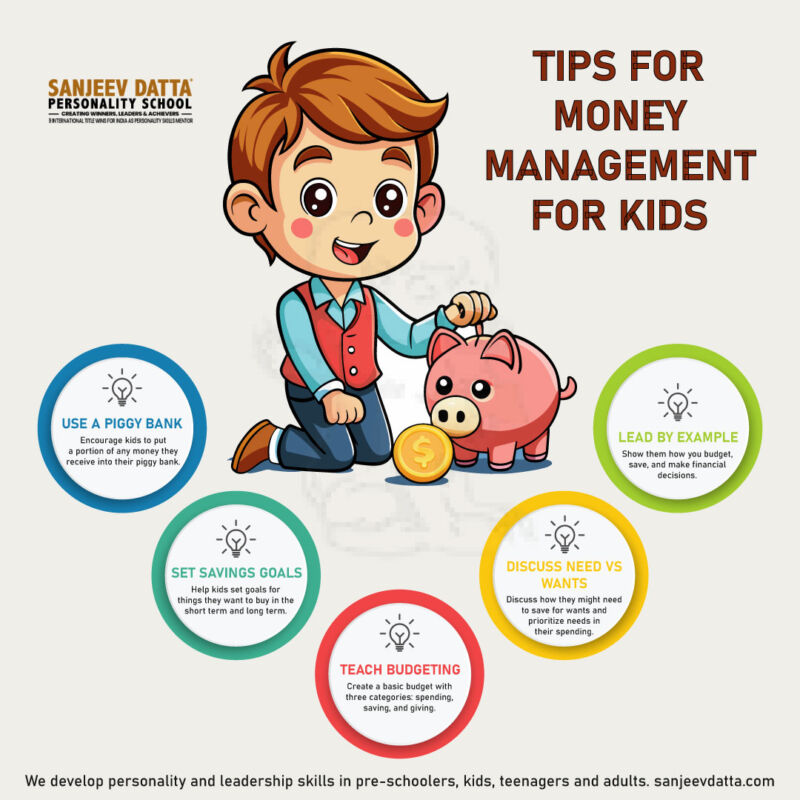In today’s fast-paced and ever-evolving world, children are exposed to countless career possibilities from an early age. However, without proper guidance, many kids may struggle to identify their strengths, passions, and potential career paths. This is where career counseling for kids plays a crucial role. Traditionally, career counseling has been associated with high school or college students. Still, research suggests that introducing career awareness at an early age fosters better decision-making skills, boosts confidence, and prepares children for a successful future. This article explores why career counseling for kids is essential, its benefits, and how parents and educators can help children navigate their journey toward fulfilling careers.
1. The Importance of Early Career Awareness
Career choices are no longer limited to a handful of traditional professions like doctors, engineers, or teachers. With advancements in technology, creative fields, and global industries, today’s children have a vast array of career opportunities. Exposing kids to career options early helps them:
- Develop self-awareness about their skills and interests.
- Explore various career paths before making critical decisions in high school.
- Understand the relevance of education in shaping their future.
- Overcome societal stereotypes and choose careers based on their personal strengths rather than external expectations.
- A child who is aware of career possibilities early on is more likely to make informed choices and stay motivated in their studies.

2. How Career Counseling Benefits Kids
a) Helps Identify Strengths and Interests
Children often have natural talents that go unnoticed or underdeveloped. Career counseling helps assess a child’s interests, personality, and aptitudes to identify career paths that align with their strengths.
b) Builds Confidence and Decision-Making Skills
When children receive career guidance, they develop confidence in their abilities. They learn decision-making skills that help them make choices about subjects, extracurricular activities, and future aspirations without fear or confusion.
c) Encourages Goal-Setting and Motivation
Career counseling provides children with a roadmap to success. Setting small and achievable goals based on their career interests keeps them motivated and engaged in academics and personal development.
d) Reduces Career Anxiety and Peer Pressure
Many children feel pressure from peers, parents, or society to choose a particular profession. Career counseling helps them make independent, well-informed decisions without feeling overwhelmed or anxious.
Visit: collaborative problem solving for kids
3. The Role of Parents and Educators in Career Counseling
a) Encouraging Exploration
Parents and teachers play a vital role in helping children explore career options by providing opportunities such as:
- Visiting workplaces or shadowing professionals.
- Engaging in hands-on activities related to different professions.
- Reading books and watching documentaries about various careers.
b) Providing Exposure to Diverse Careers
Children should be exposed to careers beyond the usual doctor-engineer-lawyer options. Career counseling introduces them to fields like:
- Digital and technology careers (AI specialists, app developers)
- Creative arts (graphic designers, animators, musicians)
- Entrepreneurship (startups, business management)
- Sports and entertainment (professional athletes, actors, influencers)

c) Supporting a Growth Mindset
Encouraging kids to embrace challenges and learn from failures fosters resilience. Parents and teachers should reinforce that career paths are not rigid and that making mistakes is a part of learning. Give your child a head start in life! Join our program for personality development for kids to unlock their full potential and prepare them for a bright future!
4. Key Elements of Effective Career Counseling for Kids
a) Psychometric Assessments
Career counseling often involves personality and aptitude tests that help identify a child’s strengths, weaknesses, and preferences. These assessments provide valuable insights into potential career options.
b) Interactive Career Guidance Sessions
Children learn best through interactive activities, such as:
- Career-related games and quizzes.
- Role-playing different professions.
- Hands-on experiments and projects.
c) Mentorship and Role Models
Introducing kids to professionals in various fields can inspire them to explore different careers. Schools and parents can arrange mentorship programs, career fairs, or guest lectures from industry experts.
d) Emphasizing Skill Development
Beyond academic knowledge, children should be encouraged to develop soft skills such as:
- Communication and teamwork
- Problem-solving and critical thinking
- Creativity and adaptability
These skills are essential for success in any career path. If you want your child to gain clarity and confidence in their career choices, enroll them in our personality development course for kids today! Our expert guidance ensures they develop essential skills and a success-driven mindset.

5. Overcoming Challenges in Career Counseling for Kids
a) Breaking Gender Stereotypes
Career counseling should challenge outdated beliefs that associate certain careers with specific genders. Boys and girls should be encouraged to explore all career fields equally.
b) Addressing Parental Expectations
Many parents impose career expectations on their children, which can be restrictive. Career counselors should educate parents on allowing kids to explore their own interests and passions.
c) Adapting to Changing Career Landscapes
The job market is evolving rapidly due to technology and automation. Career counseling should focus on future-ready careers and guide children toward fields that are expected to grow.
Visit: social competence for kids
Conclusion
Career counseling for kids is not just about choosing a profession—it’s about nurturing confidence, decision-making skills, and a growth mindset. By providing early career guidance, we help children explore opportunities, set realistic goals, and make informed choices that lead to fulfilling futures.


